Afghanistan’s currency, the Afghani, emerged as the best-performing currency in the September quarter this year. While the Afghani witnessed a 9 per cent rise in the September Quarter, it witnessed a 14 per cent rise for the year. The stellar performance of the Afghani has been attributed to two factors – humanitarian aid and bilateral trade of Afghanistan with its neighbours. It would be pertinent to point out that the Taliban government also took certain steps such as a prohibition on foreign currencies and the imposition of strict outflow restrictions. On September 30, 2023, the Afghani was pegged at 78.13 against the US dollar. On August 16, 2021, the Afghani had tanked to 124 against the US Dollar after the takeover by the Taliban, though it recovered within days.
Afghanistan’s trade with neighbouring countries under the Taliban
If one were to look at Afghanistan’s trade with other countries, bilateral trade with Pakistan was estimated at $1.5 billion in 2022, while bilateral trade with India in 2022 was estimated at $545. The period between December 2021 and December 2022 also saw a rise in trade between Afghanistan and China.
Afghanistan’s natural resources
While the release of humanitarian aid and trade with some of its neighbouring countries are welcome steps for Afghanistan, the Taliban administration is also seeking to harness the country’s natural resources to put the country’s economy back on track. Afghanistan’s lithium deposits are estimated at $1 trillion (a Pentagon study in 2010 had dubbed Afghanistan as the “Saudi Arabia of lithium”). In April 2023, a representative of a Chinese company, Gochin, expressed its interest in investing $10 billion in Afghanistan’s lithium sector. According to a statement issued by Afghanistan’s Ministry of Mines and Petroleum, Gochin would also build infrastructure including – a hydroelectric dam and the Kunar-Laghman Road. A representative of Gochin said that its investments could create 1,20,000 direct jobs and 1 million indirect jobs. In January 2023, an agreement was signed between the Taliban dispensation and Xinjiang Central Asia Petroleum and Gas Co (CAPEIC) for extraction from extraction of oil from the northern Amu Darya basin. The contract was to be for a period of 25 years.
While the release of humanitarian aid and trade with some of its neighbouring countries are welcome steps for Afghanistan, the Taliban administration is also seeking to harness the country’s natural resources to put the country’s economy back on track.
Regional Connectivity
In May 2023, during the 5th China-Afghanistan-Pakistan Foreign Ministers’ Dialogue, China, Pakistan and Afghanistan announced that the China-Pakistan Economic Corridor (CPEC) would be extended till Afghanistan.
Appointment of Chinese Ambassador
The appointment of a new Chinese Ambassador to Afghanistan, Zhao Sheng, in September 2023 was dubbed as an important step by the Taliban administration, though China has still not made any commitment regarding formal recognition of the Taliban administration. Beijing while commenting on the appointment of a new Chinese ambassador said: “This is the normal rotation of China’s ambassador to Afghanistan, and is intended to continue advancing dialogue and cooperation between China and Afghanistan”.
China is concerned about the security situation in Afghanistan. In December 2022, a hotel in Kabul used by Chinese nationals was targeted by ISIS-K (the Afghan branch of ISIS).
Another country which has shown interest in investing in Afghanistan is UAE. A UAE-based company, GAAC, has received contracts to handle three of Afghanistan’s airports. UAE has also provided humanitarian assistance to Afghanistan.
Key challenges for Afghanistan
Despite all the recent steps, it is important to bear a few points in mind. First, poverty remains a serious challenge for Afghanistan, with two-thirds of households – an estimated 28.3 million people struggling for access to basic necessities. Unemployment also remains a serious problem. The UN has transferred over$5 billion in humanitarian aid since 2021 – out of which over $4 billion was spent in 2022. In 2023, there is a big gap between what Afghanistan requires for humanitarian assistance – over $ 3 billion — and what it has been provided so far – US$ 1.1 billion.
The West is also unlikely to unfreeze the funds – $9 billion – which it had frozen after the Taliban took over Afghanistan in August 2021 until the Taliban takes steps towards addressing global concerns vis-à-vis women’s rights and having an inclusive and representative government. While $7 billion of these funds are in the US banks, the remaining $2 billion are in European banks.
While some of the Taliban administration’s economic steps may have provided some reprieve, other countries – including China – are likely to be cautious vis-à-vis building economic linkages until the Taliban government introduces the social reforms it had promised
Also Read: Horizon 2047: Celebrating 25 Years Of The India-France Strategic Partnership
China has been in favour of unfreezing the assets but has also been urging the Taliban to remove the restrictions it had imposed with regard to women’s education and participation of women in public life. The fifth meeting of the Moscow Format Consultations on Afghanistan held at Kazan (Russia), on September 29, 2023, also highlighted the need for the Taliban to take action against terror groups operating from Afghanistan to introduce modern education for all and also provide equal opportunities to women. Senior officials from China, India, Iran, Kazakhstan, Kyrgyzstan, Pakistan, Russia, Turkmenistan and Uzbekistan attended the meeting along with the acting Minister of Foreign Affairs of Afghanistan.
In conclusion, while some of the Taliban administration’s economic steps may have provided some reprieve, other countries – including China – are likely to be cautious vis-à-vis building economic linkages until the Taliban government introduces the social reforms it had promised and the security situation witnesses significant improvements. The Taliban dispensation will need to bite the bullet and mere window dressings will not suffice. The global community needs to be pragmatic and nuanced. While nudging the Taliban toward political and social reform, it should ensure that ordinary Afghans do not suffer.
Disclaimer: The views expressed in this article are of the author solely. TheRise.co.in neither endorses nor is responsible for them. Reproducing this content without permission is prohibited.
About the author
Tridivesh Singh Maini is a New Delhi-based Policy Analyst. He is faculty member of OP Jindal Global University, Sonepat, Haryana.

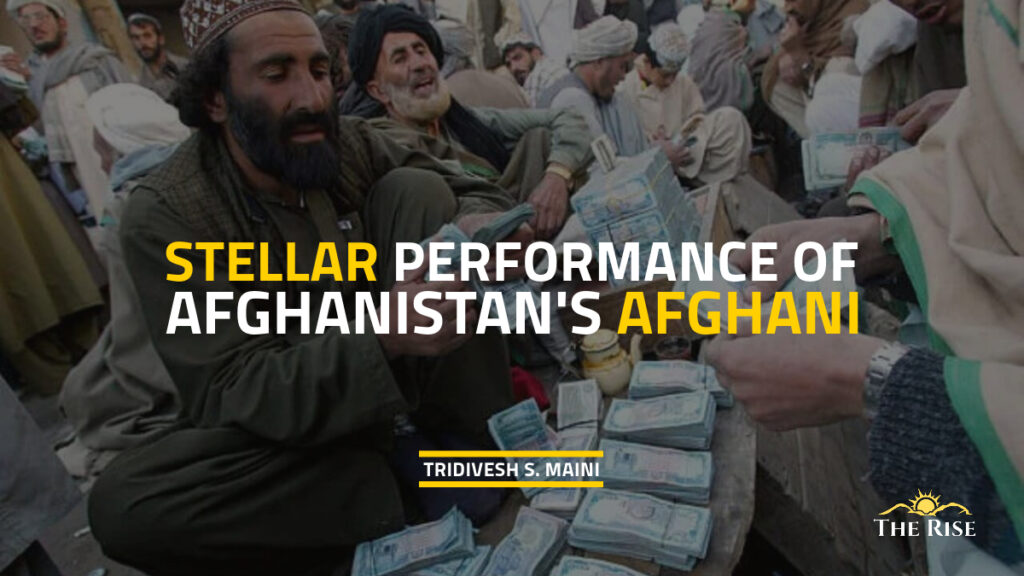

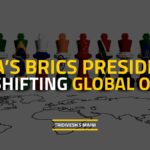

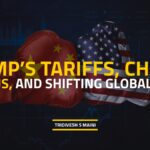








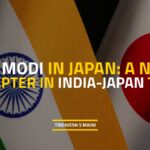




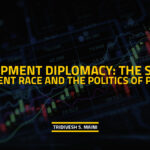


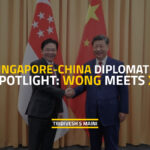


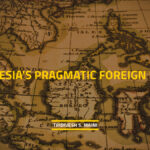

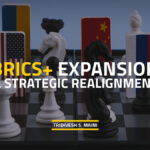





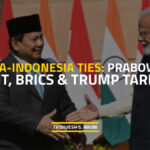



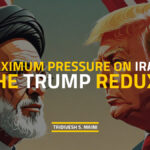

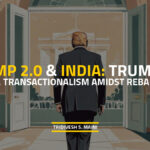
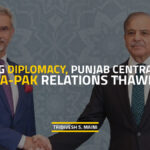





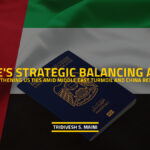
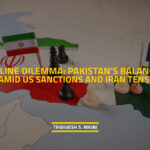
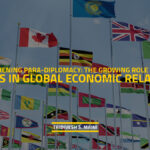


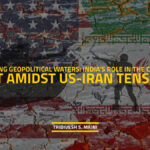
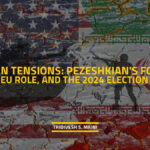



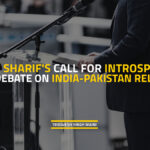
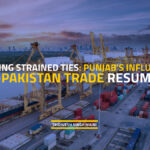


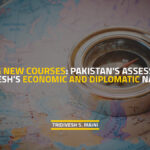


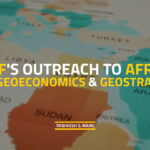



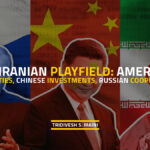

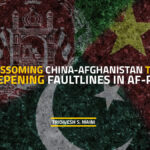


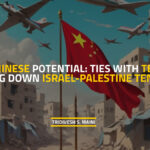
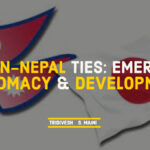

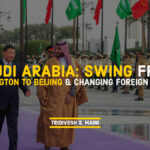

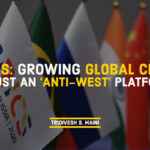

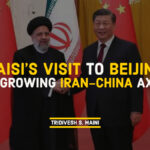
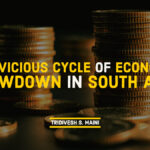





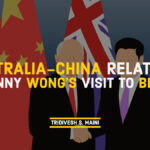
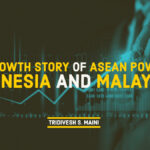


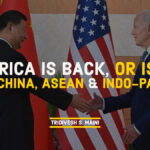
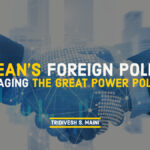
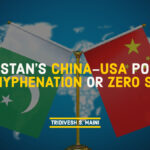
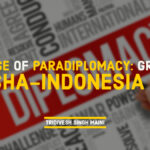

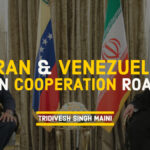

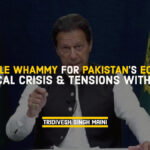
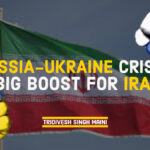
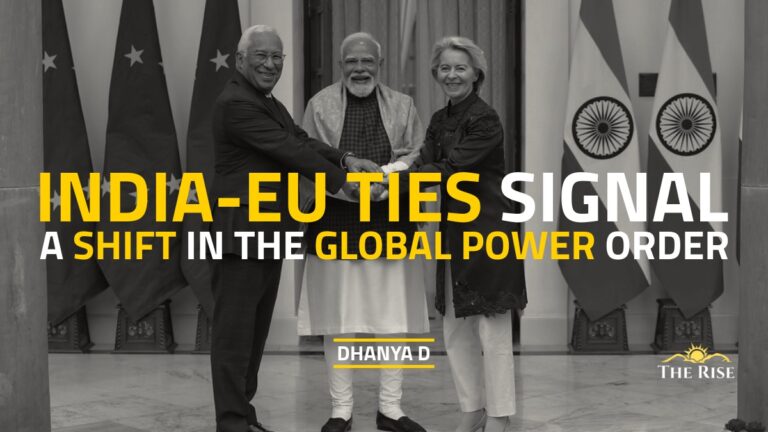



Pingback: A Reordered World: The Dance of Global and Human Forces